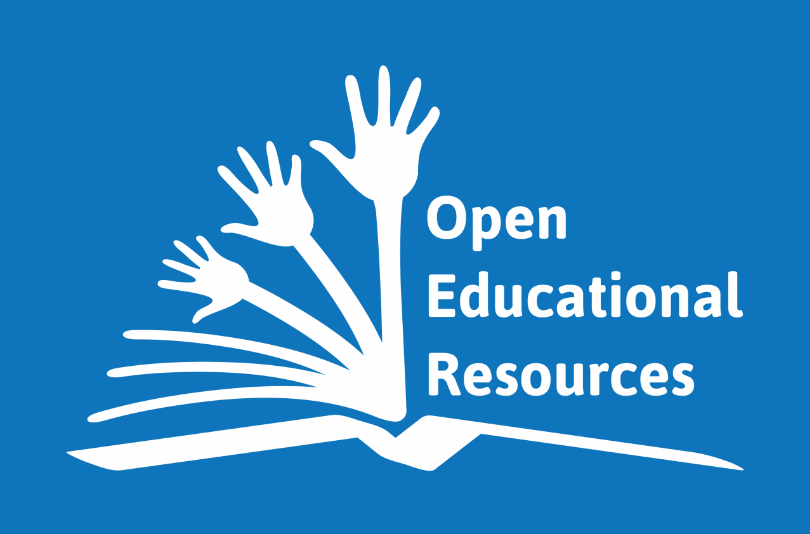The term 'Open Educational Resources' (OER) was first used by UNESCO in 2002 and has since become established worldwide as a designation for 'free teaching and learning materials'. Free and accessible without barriers, OER directly contribute to the implementation of the goals set out in the UNESCO 'Education 2030 Agenda': through their broad international adoption in educational practice, they help ensure inclusive, equitable, and quality education for all people worldwide, as well as promote opportunities for lifelong learning.
In recent years, the use of open teaching and learning materials has also gained importance in Germany: the steadily increasing engagement with the topic of OER is reflected in various funding measures, projects, workshops, and more. Particularly in pedagogical study programs, the use and provision of open educational resources have become commonplace, but it is desirable to promptly and comprehensively expand the OER culture to other disciplines—including veterinary medicine.
If you have any questions about OER, please contact:
Dr. Aleksandra Bartkowiak (Tel: +49 511 953 8056)



